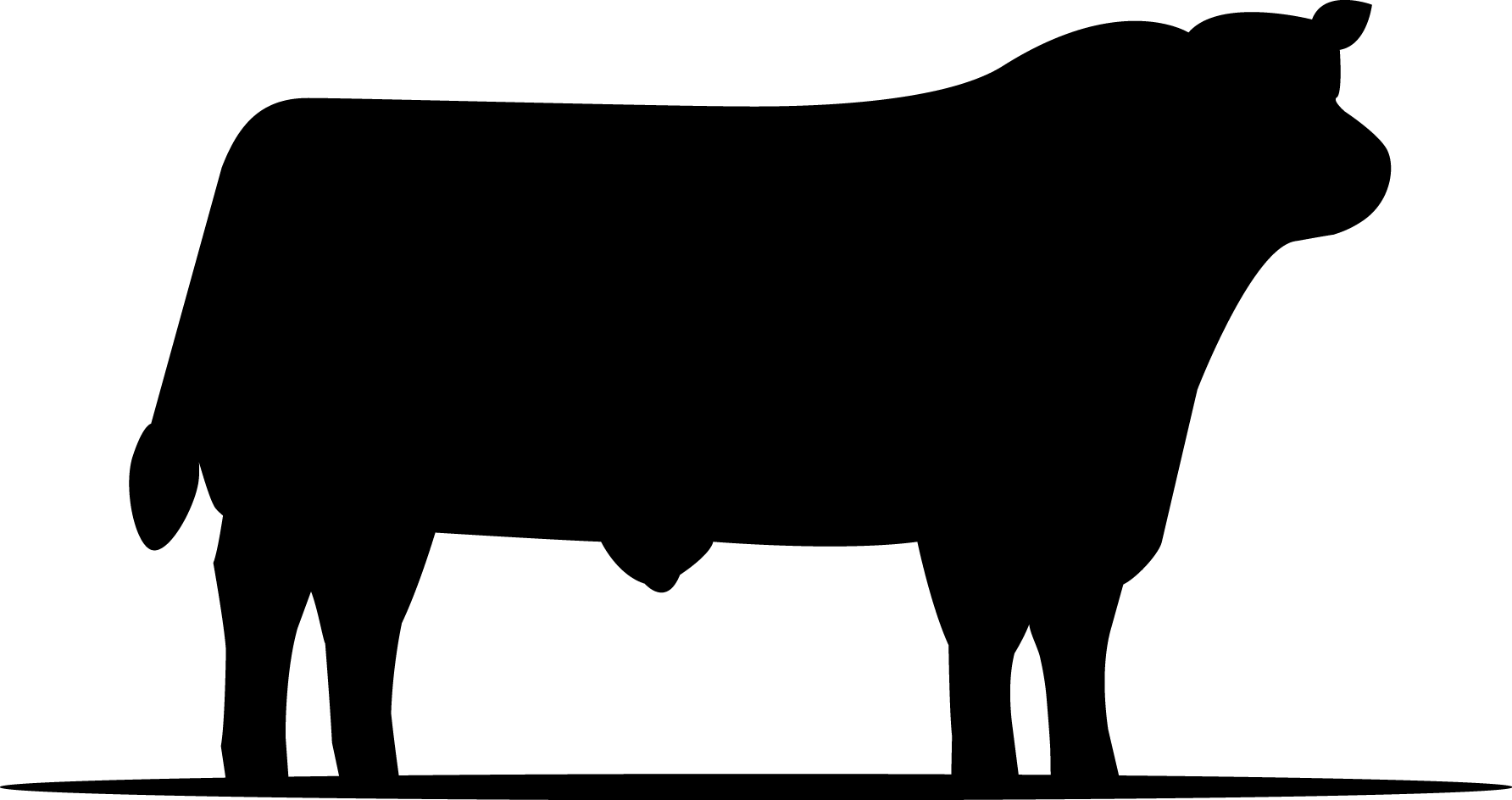Last week (Thursday 15 July 2021), Henry Dimbleby’s keenly anticipated National Food Strategy part two was released. It outlines proposed recommendations to address the major issues facing the English food system from health to the climate and environment, which will have major knock-on effects to how we farm.
Barrie Turner, chief executive of the Aberdeen-Angus Cattle Society welcomes the national plan, expressing his satisfaction at seeing British farmers put at the centre of the transition of our food system. The report shows empathy and understanding that farmers must make a profit while delivering this strategy for the nation. Also welcome is the call for minimum core standards to be used during future trade deals.
“This is a very complex issue, and there must be a distinction between grass-fed British meat and imports,” says Mr Turner.
Key to the Society, the report encourages consumers to reduce their meat intake by up to 30% over the next 10 years, but as Mr Turner states, “It is not as simple as just cutting out meat.
“As a population, consumers need the education and data to make an informed decision on their food purchases, and most paramount, the encouragement to buy British and sustainably produced. The plan shows a polarised view of a meat-inclusive diet, as opposed to a meat-free diet, which is unhelpful and potentially dangerous at consumer level.
“As a Society of 2,500 members who are actively championing native, sustainable beef, we are concerned that a broad-brush approach to diet reform, tarring all meat from all sources with the same brush, makes it easy to draw the wrong conclusion. We would encourage public access to more detailed research into specific food sources and livestock production methods, which could improve our industry, not potentially harm it.”
Mr Turner adds that the report does not recognise well enough that ruminants grazing farmland is necessary to sequestering carbon in the future.
“Adaptive grazing strategies are key to returning carbon to our soils over the next 50 years. Raising the organic matter level in the top six inches of soil by just 1% per hectare would mean the removal of 35.8 tonnes of CO2 from the atmosphere*.
“We agree that there needs to be a fundamental shift from consumption of processed meats, as a key aspect of carbon reduction. This, however, does not have to mean moving to heavily processed protein alternatives which are very often extremely costly and carbon intensive to produce, but rather to simple high-quality, local produce, that showcases the clear value of the food we eat.”
The Society is invested in securing the future of a sustainable and environmentally positive breed, farmed to the benefit of the British environment.
Notes to editors:
Issued by: Jen Liggins, Pinstone e: [email protected] t: 01568 617 626 m: 07817 254879
About Aberdeen-Angus Cattle Society:
Active since 1879, The Aberdeen-Angus Cattle Society is the regulator of Aberdeen-Angus cattle in the UK, ensuring provenance, quality and progression of this iconic breed. The Society focuses on breeding quality bulls and cows for premium quality meat.
With the popularity of Aberdeen-Angus meat growing year on year, it is the aim of The Society to play a key role in safeguarding the industry and driving its future. It sets the industry standard for traceability and authentication through its Sire Verification Programme whilst supporting the industry leaders of tomorrow with its Aberdeen-Angus Youth Development Programme.
*The details on the carbon sequestration for 1 hectare (10,000m2) are a calculation of the volume of soil in the top 6 inches: (0.15m x 10,000m2 = 1,500m3), multiplied by the bulk density (1.3t/m3 = 1,950t soil in top 6” of 1 hectare**), multiplied by 1% to show the 1% rise in organic matter (= 19.5t) and then halved (= 9.75t) to get the carbon sequestered. The carbon number is then multiplied by 3.67 to convert it to CO2 (= 35.78t). This is a calculation undertaken by the Society based on referenced sources.
** https://www.cranfield.ac.uk/-/media/files/landis-downloads/predicting_bulk_density.ashx?la=en&hash=117820C5674A09C2625BA53238CBDE95AC8F332F
Government proposals to reduce beef consumption per person by 35% and dairy by 20% before. There will be some population growth to counter this have access to some figures and will do a bit of extrapolation on these to try and forecast the effect outlined on the beef market and consumption.
Plant based protein to be encouraged as a replacement.
Parts of the country will intensify and parts will grow trees, to make agriculture net negative. The net negative to be used to offset industry and aviation.
Feed additives to reduce enteric fermentation have to be researched, which if effective could enable a change of policy facilitating current stocking. Such additives only attracted 1 page in the 176 page document it would seem that these are viewed as a bit insignificant within the big picture.
Public money for public good could help farmers sink carbon and maintain income.
If you would like to read more about it please follow the links below:
Part two is available to download here



